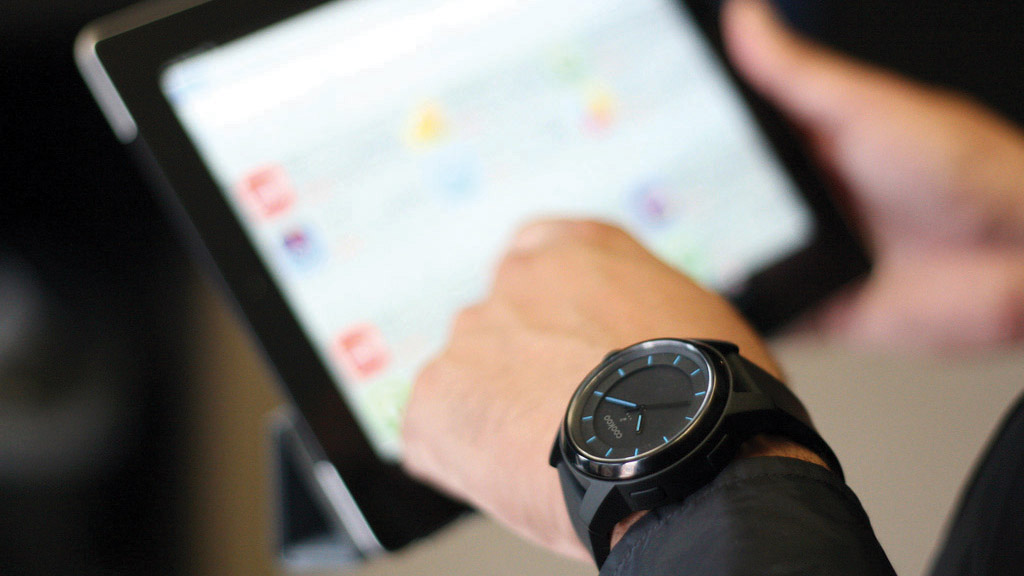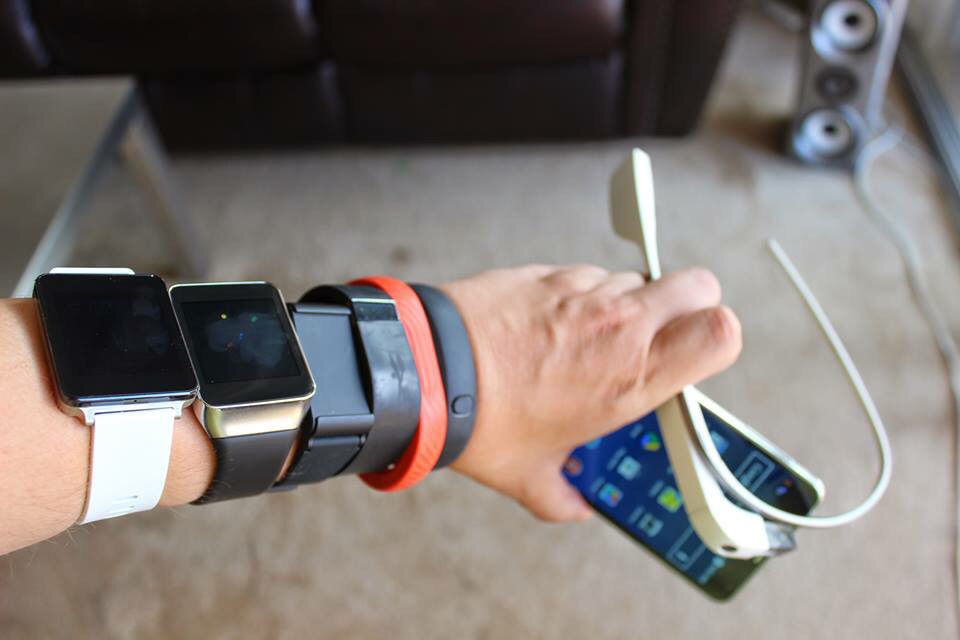WYOD is a massive opportunity, but businesses must address security
WYOD brings forth security, legal and data issues
BYOD to WYOD
For some organisations the advent of BYOD was something of a nightmare. With a number of different devices and operating systems to deal with, security was a major issue. For businesses a number of key areas have to be developed in order to make the most of what WYOD has to offer:
Security: Businesses have had to rapidly develop their response to the growing BYOD trend. This will be more so when WYOD usage reaches a critical mass. Your business should revisit its security policies now and overhaul them to include WYOD.
The law: All of the legal implications of employees using their wearable devices at work should be closely considered. This aligns with BYOD policy, but should also include any regulations such as the EU's General Data Protection Regulation, the Data Protection Act, plus privacy and intellectual property protection should all be assessed.
Data levels: With yet another bunch of digital devices to support, your business' data infrastructure may need upgrading. With potentially hundreds of new devices all attempting to connect to Wi-Fi for instance, or call data from a server, this could cause data bottlenecks which affect the efficiency of workers.
Support: As the number of devices employees will bring to work increases, so the level of support they expect also grows. It is vital that in a WYOD environment, users are fully supported to ensure they observe security protocols when connecting their devices to the company network.
On the subject of wearables in the enterprise, Raj Mistry, senior vice president of Solutions Engineering at Salesforce, noted: "We know that the current appetite for wearables is enormous – Forrester recently reported that 68% of executives consider wearables a priority. There are now more than two million Salesforce developers who can build enterprise apps for Apple Watch that connect directly to the Salesforce Platform, and we're expecting to see many jump at the opportunity to connect with customers, partners and staff in a whole new way."
Realising the potential that WYOD can bring to a business has to happen within a secure environment. According to Accellion, 41% of UK enterprises currently have a BYOD policy in place that can be extended to cover wearables, and 77% of IT decision makers don't consider wearable technology as part of their broader mobile security strategy. Also, 53% of IT decision makers admit they have yet to consider the possible impact of wearable tech on data security, despite the fact that 81% acknowledge that an increase in wearable devices in the workplace could pose a security risk.
Are you a pro? Subscribe to our newsletter
Sign up to the TechRadar Pro newsletter to get all the top news, opinion, features and guidance your business needs to succeed!

Paula Skokowski, CMO at Accellion, said: "With the anticipated launch of various new wearable devices in 2015, the age of WYOD is upon us. Enterprises need to wake up to the security threats posed when employees use these new wearable devices to access confidential work-related information.
"Although UK enterprises are beginning to come to terms with the need to securely enable the use of smartphones and tablets by the workforce, the next challenge is to ensure that wearables are given the same attention."
Frank Morey, CEO of security and risk management firm, Virtus Risk Management, also commented: "The key is to be proactive rather than reactive when it comes to any kind of security. It is recommended that businesses enforce a robust security and privacy policy to help protect against threats. This will also help in avoiding the prospect of litigation. Updating the network infrastructure would also be beneficial, and it's wise to put measures in place with regards to limiting the nature and amount of data such devices can access."
WYOD expands the use of BYOD to new levels. Connecting wearables to smartphones and so on creates a new digital ecosystem that if properly managed can have a huge positive and commercial impact on any business. What is clear is that those businesses which embrace these changes will be leaders in their market sectors.

Wearable business
It is, of course, still early days for wearables in the workplace. What is certain, however, is that the demand for WYOD will rapidly multiply. The expansion of features and capability that wearables offer to existing BYOD users could be manifold.
The Deloitte 'Tech Trends' report advises: "Enterprises should not wait for consumer markets to settle and conventions to be established. Because the wearables ecosystem can benefit from the proliferation of niche players, companies don't need to hold off until marketplace standards or leaders emerge. The door is open to early experimentation – and to usher in the next wave of mobile innovation."
Adam Spearing, VP Platform EMEA, Salesforce.com, concluded: "We've always believed that small businesses are in the best position to adopt new technologies and ways of working, especially compared to larger rivals – and this remains true in the case of wearable technology. The wearable revolution gives small businesses the opportunity to differentiate themselves against their competitors through tremendous innovation and high quality of service."
Wearables in the workplace shouldn't be seen as yet another potential flaw in the digital security of a business. Once wearables begin to mature, they will find their place in the digital toolset of every company.
Current page: WYOD and the wearable business
Prev Page Introduction Next Page Thoughts from Kaspersky